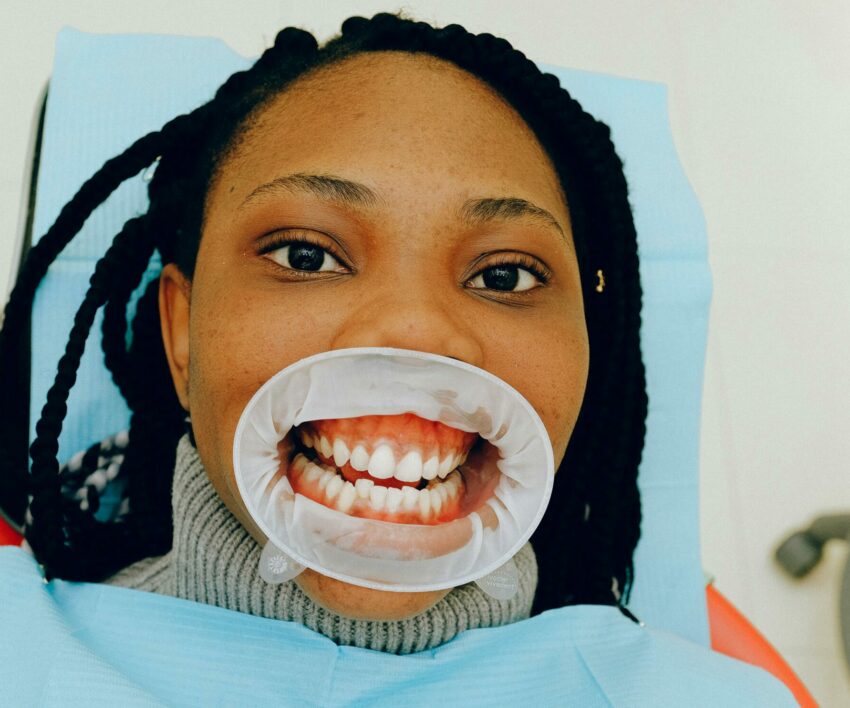
We always try by all means to take care of our teeth because clean teeth equal a beautiful smile. What about our gums though? Do we put much-needed effort into taking care of them?
Do you sometimes notice blood while brushing your teeth, a sign that your gums are bleeding but pay no attention to it because you think it’s because you brushed too hard? While this could be a possibility, it doesn’t mean it’s the only feasible reason.
One reason could be a gum infection or gum disease and immediate intervention should be implicated. Oral health experts discuss a few other reasons and how to treat this issue.
Gingivitis: Healthline states that gingivitis is a common cause of swollen gums, often undiagnosed due to mild symptoms. It is said to be caused by poor oral hygiene, leading to plaque buildup on the gum line and teeth and if left untreated, it can lead to periodontitis and tooth loss. “Plaque is a film composed of bacteria and food particles deposited on the teeth over time. If plaque remains on the teeth for more than a few days, it becomes tartar.” The publication continues to state that tartar is a hardened plaque which cannot be removed by flossing and thus leads to gingivitis.
Pregnancy: The source mentioned above further mentions that pregnancy can cause swollen gums due to increased blood flow and hormonal changes, which can irritate gums and increase the risk of gingivitis.
Infections: According to Medical News Today, infections in the mouth, such as herpes, oral thrush, and tooth infections, can cause swelling in the gums, especially in areas affected by abscesses or other complications.
Malnutrition: “In general, oral health is dependent more on the availability of vitamins and minerals especially that of B vitamins and vitamin C,” states Personal Care Dentistry. This publication claims that malnutrition, particularly vitamin deficiency, can lead to oral health issues such as scurvy, anaemia, and gum diseases.
Faulty dental restoration: The above-mentioned source also states that faulty dental restorations, such as braces or partials, can cause tooth-infected areas, chronic gum inflammation, and sores due to rough margins and inability to be easily cleaned.
Other courses mentioned by Personal Care Dentistry include burns from hot beverages, allergic reactions to toothpaste, medication or food and “Food that becomes lodged under the gums or between teeth that is hard to clean out, especially if it happens frequently throughout the day.”
Treatments by the Cleveland Clinic for swollen gums include:
- Antibiotics.
- Brushing and flossing your teeth more.
- Tooth scaling and root planing (deep dental cleaning).
- Osseous surgery (to reduce the pockets around your teeth).
- LANAP (laser-assisted new attachment procedure).
Also see: What to eat after oral surgery




